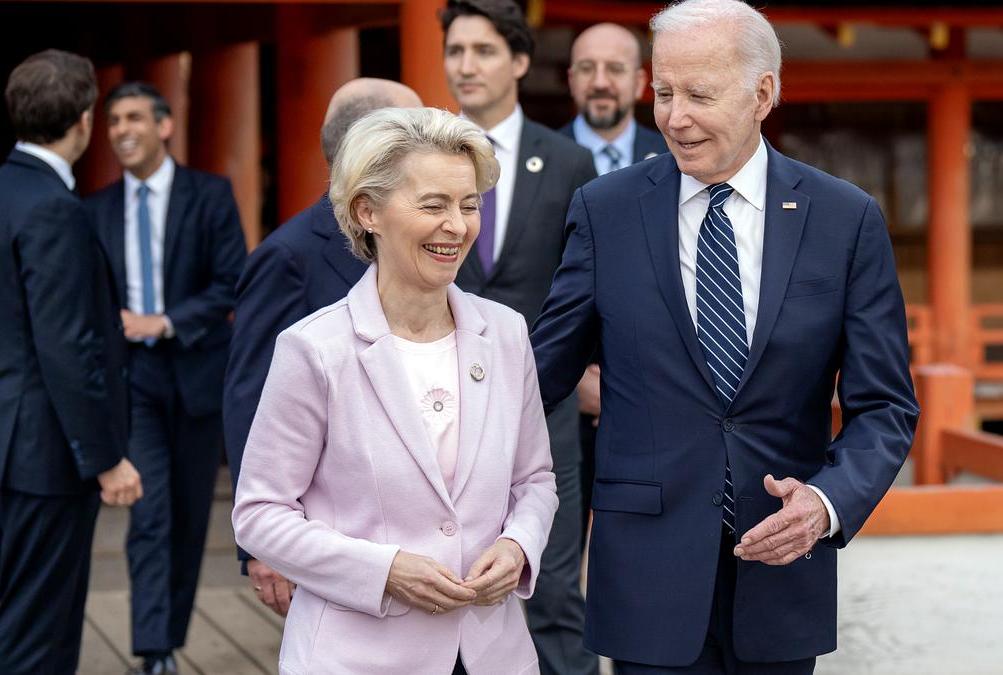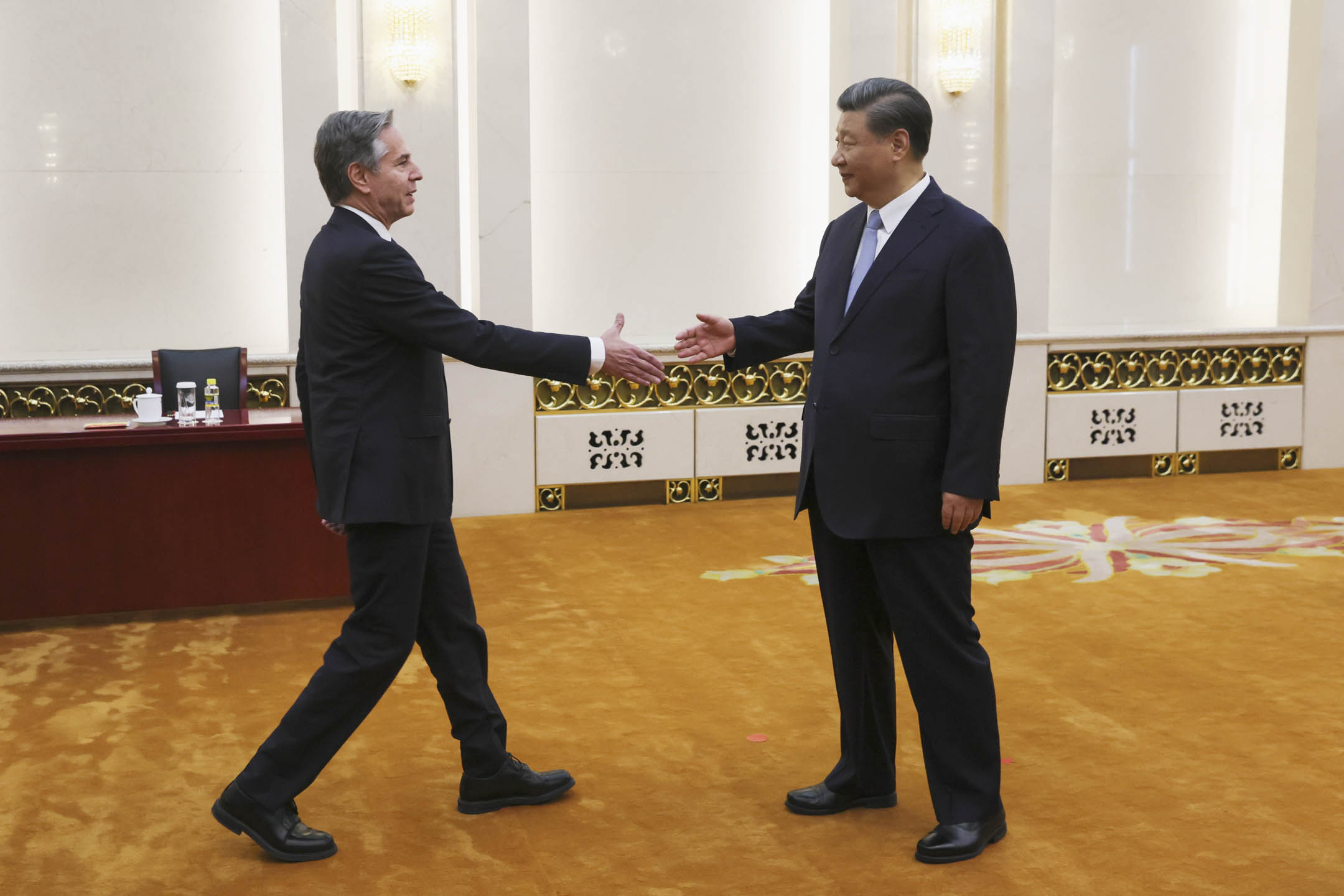Richard Javad Heydarian, Professorial Chairholder in Geopolitics, Polytechnic University of the Philippines
Jun 29, 2023
Amid rising tensions between the United States and China in Asian waters, ASEAN nations, led by Indonesia, are intensifying their efforts to manage and diffuse the military tensions. Initiatives such as the Multilateral Naval Exercise Komodo (MNEK) and joint naval drills aim to engage both superpowers and promote dialogue. ASEAN states are strengthening their defensive positions while pursuing diplomatic engagement to ensure regional stability.
Brian Wong, Assistant Professor in Philosophy and Fellow at Centre on Contemporary China and the World, HKU and Rhodes Scholar
Jun 29, 2023
U.S. Secretary of State Antony Blinken’s trip to China marked the first proper meeting between executive representatives from the U.S. and China since January’s balloon fiasco. Both countries are far away from signing into binding commitments with one another, but the summits alone provide a platform for communication to take place.
Stephen Roach, Senior Fellow, Yale University
Jun 29, 2023
US Secretary of State Antony Blinken’s long-delayed trip to Beijing has come and gone. Despite the predictable optimistic spin on the visit – both sides agreed to strengthen people-to-people exchanges and promised to continue talks – it did little to defuse the increasingly fraught conflict between the United States and China.
Ma Jiali, Director, China Reform Forum
Jun 29, 2023
India wants to maintain cordial relations with multiple entities on the international stage, while the United States seeks a tighter alignment. Despite U.S. inducements, India is not likely to abandon its fundamental diplomatic philosophy of strategic autonomy.

Sebastian Contin Trillo-Figueroa, Geopolitics Analyst in EU-Asia Relations and AsiaGlobal Fellow, The University of Hong Kong
Jun 29, 2023
Redefining trade and economic relationships to achieve balance and prevent excessive dependence in strategic sectors has emerged as a key protectionist policy and geopolitical tool among major global powers. And while policies like dumping, dual circulation, security and development, or decoupling and de-risking, all share a common objective, each major power must determine its own mechanisms for course correction.

Zhao Minghao, Professor, Institute of International Studies at Fudan University, and China Forum Expert
Jun 27, 2023
A single visit to China by the U.S. secretary of state will not change the trajectory of relations, and American officials have tried to lower expectations. The foremost test in the years to come will be the prevention of war, which many believe is unavoidable.
Jade Wong, Senior Fellow, Gordon & Leon Institute
Jun 27, 2023
The United States values the UK’s global vision, as well as its compatible political model and its capacity to manipulate global multilateral discourse. The historical bond between the U.S. and Britain runs deep, and it continues in the new era.

Wang Yufan, Assistant Research Fellow, Department of American Studies, CIIS
Jun 27, 2023
A change to softer rhetoric by the United States seems aimed at placating its domestic business community, but the ultimate objective of containing China hasn’t changed. U.S. Secretary of State Antony Blinken said there’s a big difference. We shall wait and see.

David Shambaugh, Gaston Sigur Professor and Director of China Policy Program at George Washington University, Distinguished Visiting Fellow at Hoover Institution of Stanford University
Jun 23, 2023
After more than twelve hours of direct and candid discussions between U.S. Secretary of State Antony Blinken and senior Chinese officials (including President Xi Jinping), the volatile U.S.-China relationship is slightly more stable . But while the visit will catalyze more regularized exchanges and high-level visits in the coming weeks and months, the relationship remains deeply strained over a wide variety of issues and deep differences in views—which are not going to fundamentally change.
Sourabh Gupta, Senior Fellow, Institute for China-America Studies
Jun 21, 2023
Antony Blinken’s visit to China will be a pivotal juncture in U.S.-China relations. The opportunity for both sides to start acting in good faith toward one another is precious and could change the trajectory of the near future.
Back to Top

- China-US Focus builds trust and understanding between the U.S. and China through open dialogue among thought leaders.
- Our Offerings
- Topics
- Videos
- Podcasts
- Columnists
- Research Reports
- Focus Digest
- Stay Connected
-
Thanks for signing up!
- Get the latest stories from China-US Focus weekly.